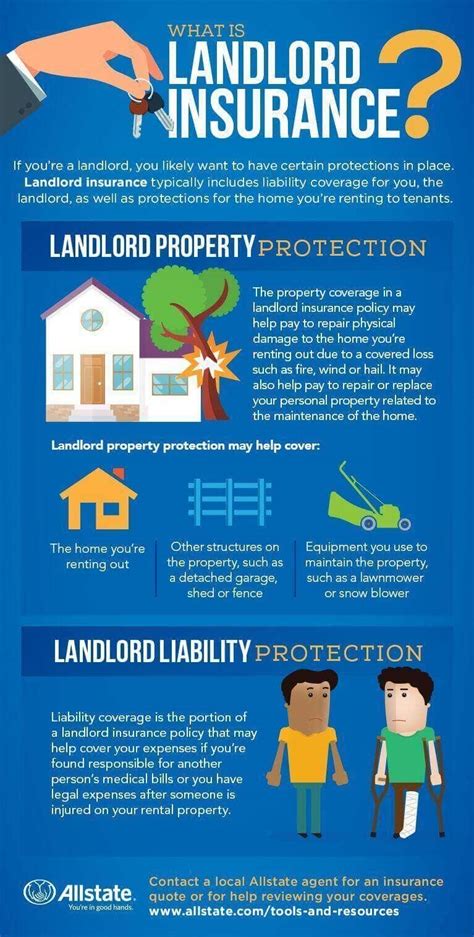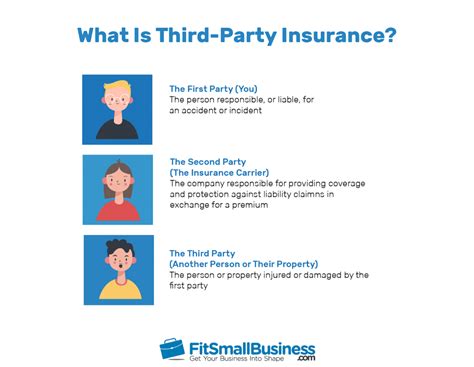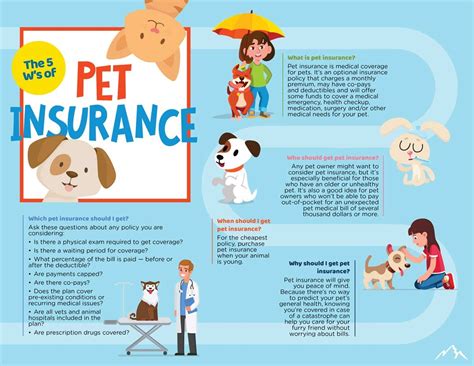Learn about condo insurance, key coverage areas, choosing the right policy, claims process, and tips for lowering premiums. Expert advice to protect your investment.
Understanding Condo Insurance
Contents
Condo insurance, also known as HO-6 insurance, is a type of insurance policy that provides coverage for condominium unit owners. It is designed to protect against damages and losses that may occur within the walls of the unit, as well as personal liability in case someone is injured while visiting the unit. Condo insurance typically covers the interior of the unit including appliances, fixtures, and improvements made to the unit.
One key aspect of condo insurance is that it also provides coverage for personal property, such as furniture, clothing, and electronics. This means that in the event of a fire, theft, or other covered event, the policyholder can receive compensation for the value of their lost or damaged possessions.
Another important coverage area of condo insurance is loss assessment coverage, which protects unit owners from having to pay for expenses related to damage or liability that exceed the coverage provided by the condo association’s insurance policy.
It is essential for condo owners to understand the key features of condo insurance in order to choose the right policy for their needs and protect their investment. By knowing the coverage areas and limitations of condo insurance, unit owners can make informed decisions when selecting a policy that offers adequate protection for their property and personal belongings.
Key Coverage Areas
Key Coverage Areas
When it comes to condo insurance, it’s important to understand the key coverage areas included in your policy. These coverage areas are what protect you and your belongings in the event of a covered loss. By knowing what is covered, you can ensure that you have the right policy for your needs.
One of the key coverage areas in condo insurance is personal property coverage. This provides protection for your personal belongings, such as furniture, clothing, and electronics, in the event of theft, fire, or other covered losses. It’s important to take inventory of your belongings and ensure that you have enough coverage to replace them in the event of a loss.
Another important coverage area is liability coverage. This protects you in the event that someone is injured while on your property, or if you accidentally cause damage to someone else’s property. This coverage can help with legal defense costs and any settlements that may arise from a covered incident.
Additionally, loss assessment coverage is a key area to consider. This provides coverage for any assessments charged to you by your condo association in the event of a covered loss to the building or common areas. Without this coverage, you could be responsible for a portion of the association’s insurance deductible or other expenses related to a covered loss.
Finally, it’s important to understand the coverage for additional living expenses. This coverage can help with the cost of temporary living arrangements, such as a hotel, if your condo becomes uninhabitable due to a covered loss. It’s important to know the limits and duration of this coverage in your policy.
Choosing the Right Policy
Choosing the Right Policy
When it comes to condo insurance, it’s important to choose the right policy that suits your needs. There are various coverage options available, so it’s essential to carefully consider your requirements before making a decision. Your chosen policy should provide adequate protection for your condo and personal belongings, as well as liability coverage.
One of the key factors to consider when choosing a condo insurance policy is the amount of coverage it offers. You need to ensure that the policy provides adequate coverage for both the structure of your condo and your personal possessions. It’s important to assess the value of your belongings and the cost of potential repairs or rebuilding in the event of a disaster.
Additionally, it’s important to review the liability coverage provided by the policy. Liability coverage is crucial in the event that someone is injured while on your property, and it can also offer protection in the event of a lawsuit. Understanding the extent of the liability coverage offered by different policies is essential in choosing the right one for your needs.
Another important consideration when selecting a condo insurance policy is the additional coverage options that are available. These may include coverage for specific valuable items, loss assessment coverage, and additional living expenses coverage. You should carefully review these options to determine whether they are necessary for your situation.
Ultimately, choosing the right condo insurance policy requires thorough research and consideration of your individual needs. It’s important to compare the coverage options, premiums, and deductibles offered by different policies to find the one that best meets your requirements. By taking the time to carefully assess your needs and review available policies, you can choose the right condo insurance policy with confidence.
Claims Process Explained
When it comes to making a claim on your condo insurance, understanding the process is important for a smooth experience. The first step is to contact your insurance provider. It is essential to notify them as soon as possible after the incident occurs.
Once you have contacted your provider, they will assign an adjuster to your claim. This adjuster will assess the damage and investigate the situation thoroughly to determine the coverage and benefits you are entitled to under your policy.
After the assessment, the insurance company will provide you with a detailed explanation of the coverage for the claim. As a policyholder, it is important to review this information to ensure that you fully understand the extent of your coverage.
Once the claim is approved, the insurance company will provide you with the necessary funds or services as per the terms of your policy. It is important to keep all communication and documentation related to the claim process in order to ensure a smooth and efficient resolution.
It is crucial to remember that the claims process may vary depending on the insurance provider and the specific circumstances of the incident. Therefore, it is advisable to carefully review and understand the claims process outlined in your condo insurance policy.
Tips for Lowering Premiums
One way to lower your condo insurance premiums is by increasing your deductible. By choosing a higher deductible, you are taking on more risk, which is attractive to insurance companies. This shows that you are willing to cover more of the cost of a potential claim, so they may offer you lower premium rates.
Another tip for lowering premiums is to ask your insurance company about discounts. Many companies offer discounts for things like installing safety features in your condo, such as smoke detectors and security systems. You may also be eligible for a discount if you are a member of certain organizations, such as a professional association or alumni group.
Consider bundling your condo insurance with other policies, such as auto or life insurance. Many insurance companies offer discounts for customers who have multiple policies with them. By bundling your policies, you could save money on all of your insurance premiums.
Shop around and compare quotes from multiple insurance companies. Prices for condo insurance can vary greatly between different companies, so it’s important to do your research and find the best possible rate. Don’t be afraid to negotiate with your current insurer, or switch to a new company if you find a better deal.
Lastly, maintaining a good credit score can also help lower your premiums. Insurance companies often use credit scores to determine rates, so improving your credit score can lead to lower insurance costs. Pay your bills on time, keep your credit card balances low, and monitor your credit report for any errors that could be affecting your score.












